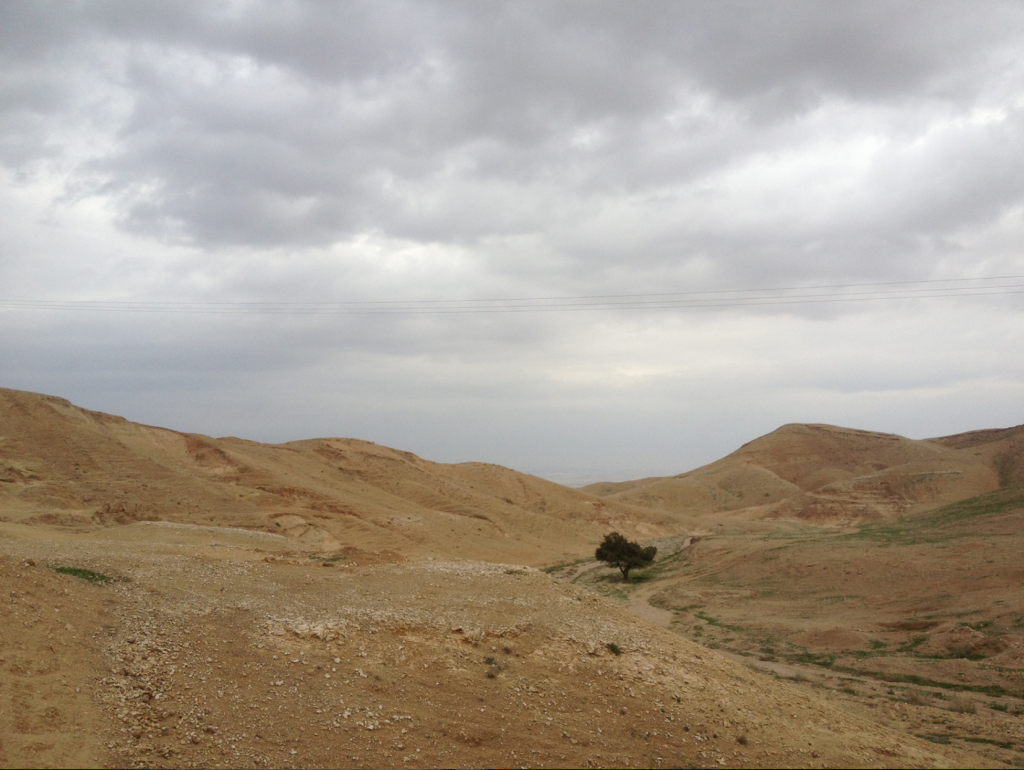Last night I dreamed of the beginning of a story. A road choked in chalk dust making driving unnavigable. A dragon responding to missed connections with passive aggressive hospitality. A walk with music in every step.
These are the stories that are organic, that arise from the ephemeral wonder and awe inspiring imagination of our living minds. The stories breathe and flow and expand and contract and narrow inside the constraints of perspective and leap across experiences and have the potential to draw us together.
I live on the words I use. It may not seem that way from the outside. Or actually, it might be easier to see from the outside. I preach a sermon I wrote. I lead a bible study I wrote. I produce a youtube script that I wrote. Or rather, I write all my sermons, bible studies, scripts, and prayers (or attribute them properly). And these things that I write rise directly from my experiences with the people I am in ministry with. It’s the stories I hear from the people around me that effect the words I choose.
That cannot be replaced.
And so I’m watching the stories of the Writers’ Guild Strike, and the ways that they’ve asked for guardrails for AI generated writing. Because I care if stories are written by people. We need living, breathing stories. Our stories will keep us alive.
Not only in our media, but among our people. I’m watching the WGA and the surrounding stories because I can hear echoes in the church. Our financial models are shifting and I am looking at whether I have a job with compensation that can sustain me and my family twenty years from now. I’m wondering what lessons we can learn from watching what is happening now, and how can we care for the people around us as we observe the ongoing shifts.
Really, what stories do I need to share so our stories can stay alive?



